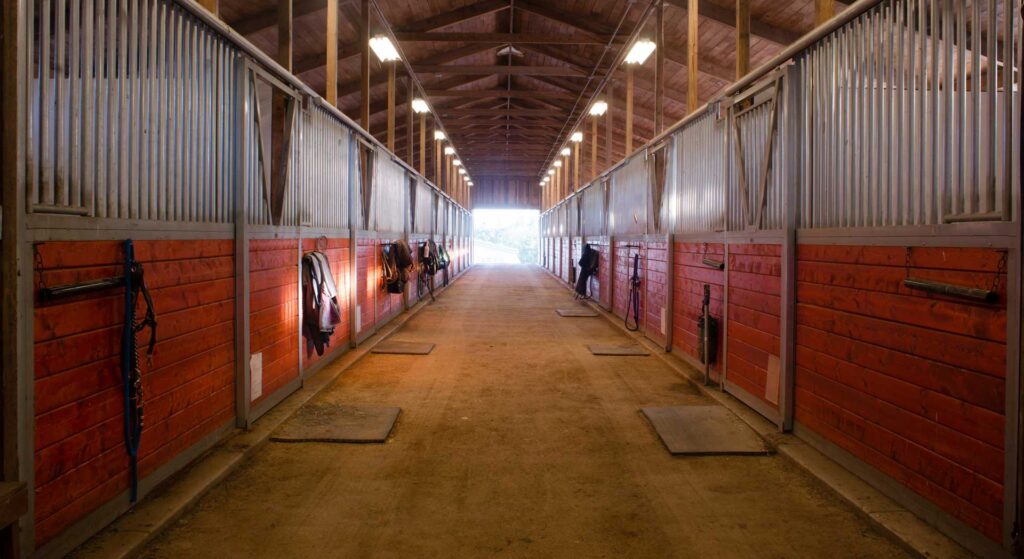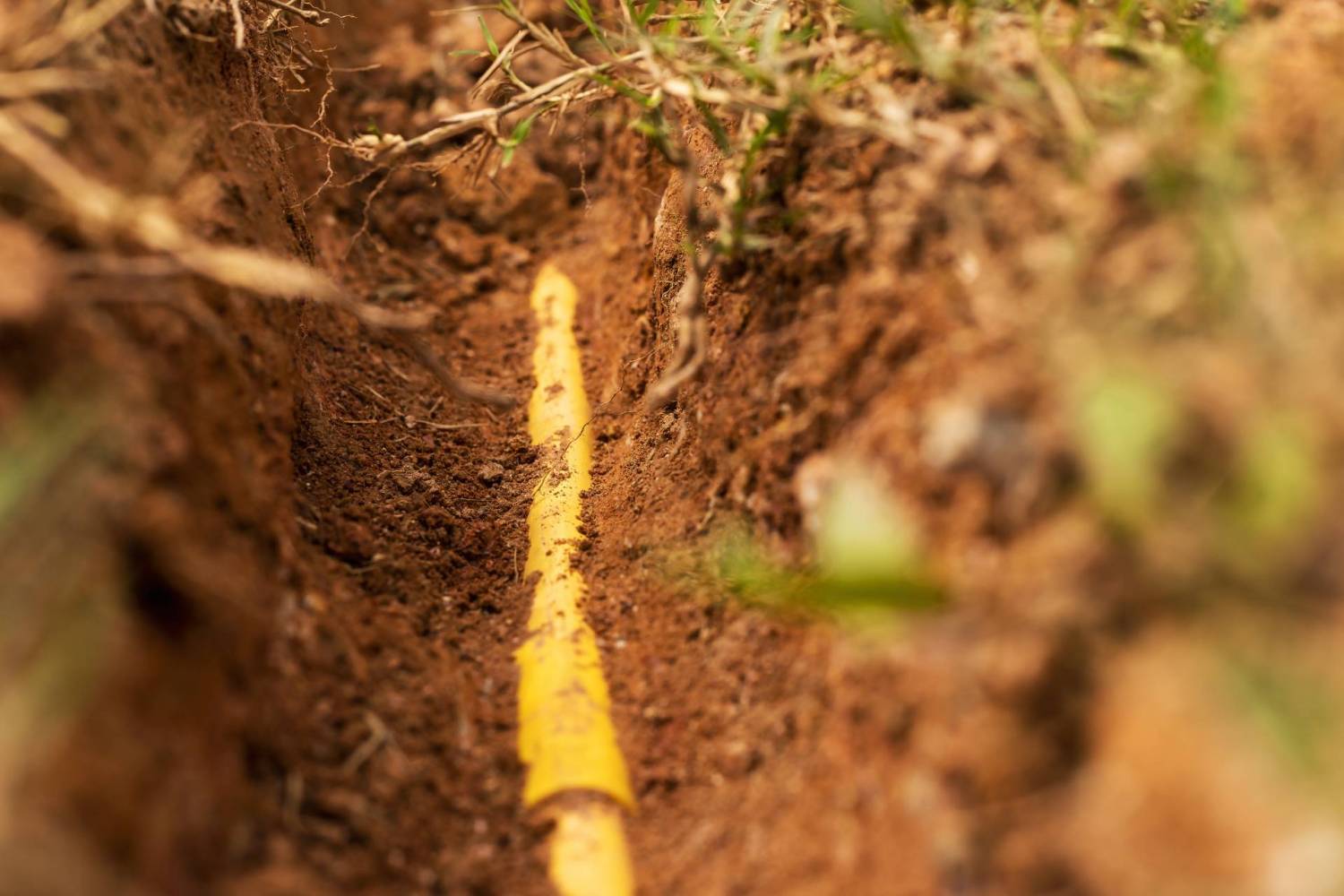Using Conduits for Outdoor Wiring
In earlier posts, we’ve discussed outdoor wiring for several types of buildings including sheds, growing rooms, chicken coops, and patios. In this post, we’re going to look specifically at outdoor conduits and cables. Safety is essential to any outdoor wiring job. Using the right conduits can help keep you safe.
Understanding Conduits
What is a conduit? In simple terms, it’s a protective unit that holds several wires or cables together.
Most residential wiring has a protective plastic sheath. This small sheath allows you to secure the wiring to walls without damaging the wires. If you’re wiring outdoors, you need stronger protection. That’s when you would use a conduit.
You can add wires to the conduit to transmit electricity from one electrical box to another. Using a conduit allows you to do this safely.

Types of Conduits
There are different types of conduits. For outdoor wiring, you should only use conduits that are specifically rated for outdoor use. Typically, these include:
Intermediate metal conduit: A heavy, galvanized conduit that is ideal for rough outdoor areas like garages, sheds and other situations where the wiring might be exposed to wetness and rough treatment.
PVC conduit: This is a popular conduit for outdoor use because it’s readily available and inexpensive. While PVC is lightweight and easy to install, it is not conductive. You’ll need to add conductive wiring to your conduit if you use PVC.
Flexible metal conduit: This conduit is easy to bend and shape. It’s a good choice for tight spaces or for wiring around an appliance. It’s also good for lighting displays in gardens or other situations where the risk of damage is low.
Rigid metal conduit: This is the heaviest and most protective conduit. You can use it anywhere and in all weather conditions. It’s the most expensive type of conduit, but it’s able to stand up to heavy use and extreme weather. In most cases, your local codes will require you to run a rigid metal conduit through your roof.
Bury It at the Proper Depth
The National Electrical Code has clear rules about using outdoor wiring and conduits safely. Follow those guidelines to ensure you’re not putting your home or family at risk.
- Wiring that’s inside a metal conduit must be buried a least six inches deep.
- Wiring with PVC conduits should be 18 inches deep.
- Low-voltage wiring should be six inches deep.
- Heavy-duty cable without a conduit should be 24 inches deep.

What About Wiring That Runs Over the Ground?
If your wiring isn’t buried or transitions from underground to above the ground, the safety rules are a little different.
- Wiring that goes from underground to above ground must stay in a protective conduit.
- Wiring that goes to a pool or hot tub must stay at least 22 feet away from the water or any wet surfaces.
- Wiring for the internet and cell phones must be at least 10 feet away from any water sources.
Don’t Forget Miss Utility
Before you start any electrical project that requires digging, you must call your utility company. The Virginia Underground Utility Damage Prevention Act requires you to call at least 48 hours before starting the work.
You can face heavy fines if you skip this step. Just call MISS Utility at 811 or 1-800-552-7001 from anywhere in Virginia.
Call SESCOS for Safe Outdoor Wiring Installation
The safest way to handle outdoor wiring is to call a professional electrician. At SESCOS, our knowledgeable technicians can handle everything from an outdoor light display to full-service wiring of your garage, pool or greenhouse. Don’t take chances with your family’s safety. Contact SESCOS today and get the outdoor power you need.
